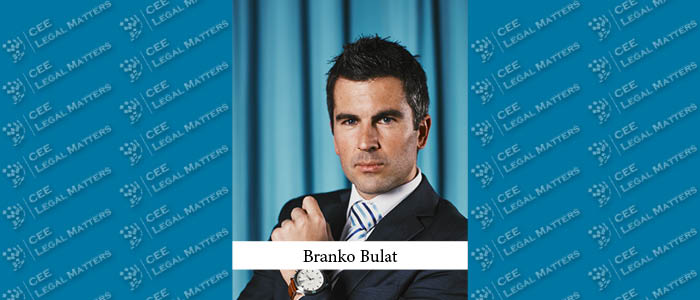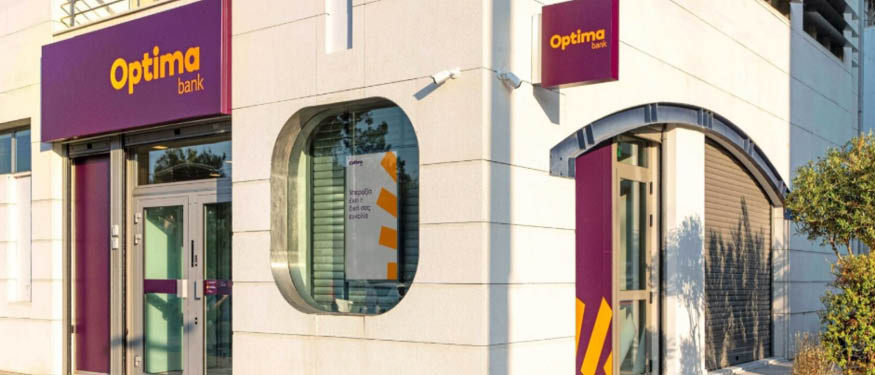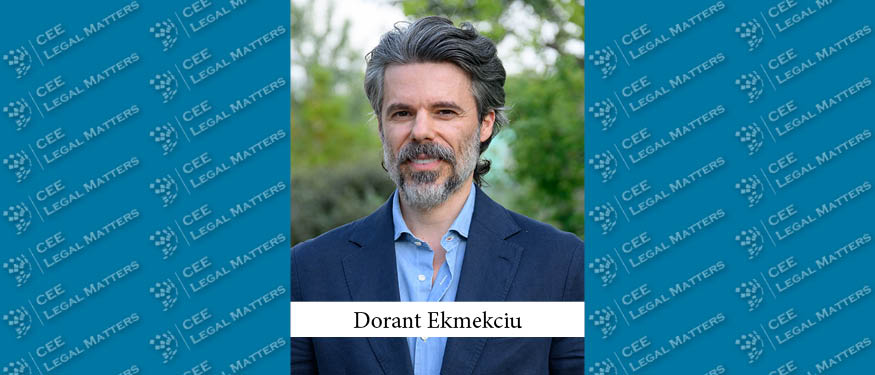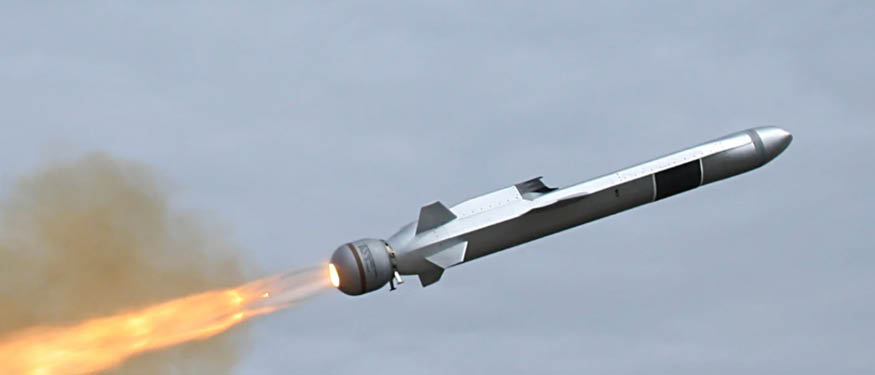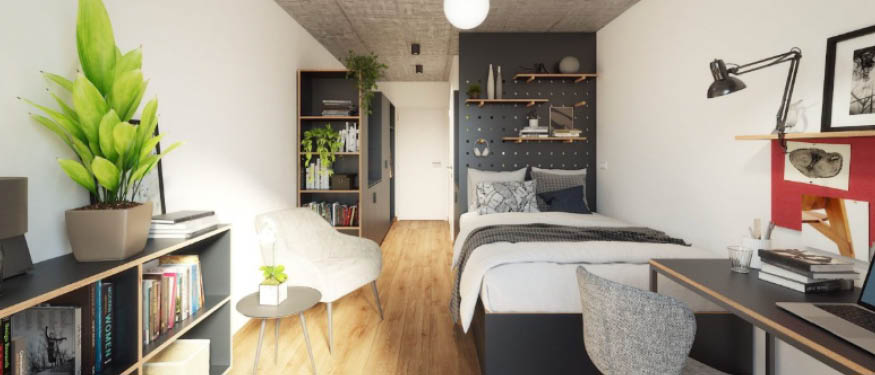This year has seen a relative decrease in investment intensity in Croatia, particularly in the residential sector, amid relatively robust activity in M&A, real estate, and energy and notable court disruptions in the past few months, according to Savoric & Partners Partner Branko Bulat.
“This year has seen a relative decrease in intensity compared to previous ones, with investments not reaching the scale of the past,” Bulat begins. “Despite this, transactions in the M&A, real estate, and energy sectors remain robust. The current climate is somewhat manageable, despite the increased cost of capital and a trend toward more cautious investment practices.”
As for energy, “investors are maintaining their focus on solar and wind power plants, with geothermal energy still generating interest, although not as prominently,” Bulat says. “The sequence of attention has shifted from wind to geothermal and is currently predominantly centered on solar power. In the realm of real estate, the emphasis is on logistics centers and the expansion of retail capacities.” He emphasizes that while there are ongoing office space developments, they no longer hold the central focus they did a few years ago, during the booming period. “Shifting to the residential sector, there’s a noticeable lack of investment, resulting in a scarcity of residential properties and elevated prices in Croatia,” he adds. “Notably, there’s still a lack of differentiation between old and new buildings; while new constructions are relatively expensive, older buildings, particularly in good locations, maintain their value despite potentially lower quality.”
In terms of big tickets, Bulat draws attention to the year’s largest transaction in Croatia, where acquisition documents were recently signed between Eagle Hills as purchaser and the CPI Property Group as seller for Suncani Hvar, “a renowned hospitality chain of ten hotels and one camp.” In addition, he points to another notable transaction in the hospitality sector: “Hotel Bonavia, a segment of Plava Laguna, was acquired by Jadran Hotels, itself acquired by the Brown Hotel group from Israel last year,” he notes. “Additionally, there’s the acquisition of Spar Trgovina, a small Croatian retailer, by Studenac. Studenac, in turn, had been acquired by renowned Polish equity investment fund Enterprise Investors, signaling ongoing growth in this region.”
“In the past two-three months, the courts in Croatia experienced a strike that lasted for approximately six months in total,” Bulat continues. “For lawyers involved in litigation, this development was significant, as court hearings came to a halt during this period.” Consequently, he says, processes such as company incorporation or statute changes were also temporarily suspended. “Although court hearings are now gradually resuming, there is a considerable backlog that needs to be addressed. This backlog is expected to cause delays before operations, including company-related matters,” he stresses.
Finally, Bulat highlights that in the realm of private equity and venture capital there isn’t a substantial deviation from the past. “The only noticeable shift is a heightened sense of caution, although interest in various fields remains consistent. There is an anticipation of increased activity in the future, attributed to the country’s improved investment rating. Consequently, there is a possibility that Croatia might become more appealing to investors in terms of potential opportunities.”

